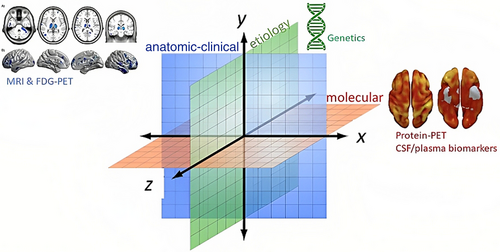Memory is an essential element to adaptive behavior since it allows consolidation of past experience guiding the subject to consider them in future experiences. Among the endogenous molecules that participate in the consolidation of memory, including the drug-seeking reward, considered as a form of learning, is dopamine. This neurotransmitter modulates the activity of specific brain nucleus such as nuclei accumbens, putamen, ventral tegmental area (VTA), among others and synchronizes the activity of these nuclei to establish the neurobiological mechanism to set the hedonic element of learning. We review the experimental evidence that highlights the activity of different brain nuclei modulating the mechanisms whereby dopamine biases memory towards events that are of motivational significance.
Reference: Arias-Carrión et al.: Dopaminergic reward system: a short integrative review. International Archives of Medicine 2010 3:24 Full text

